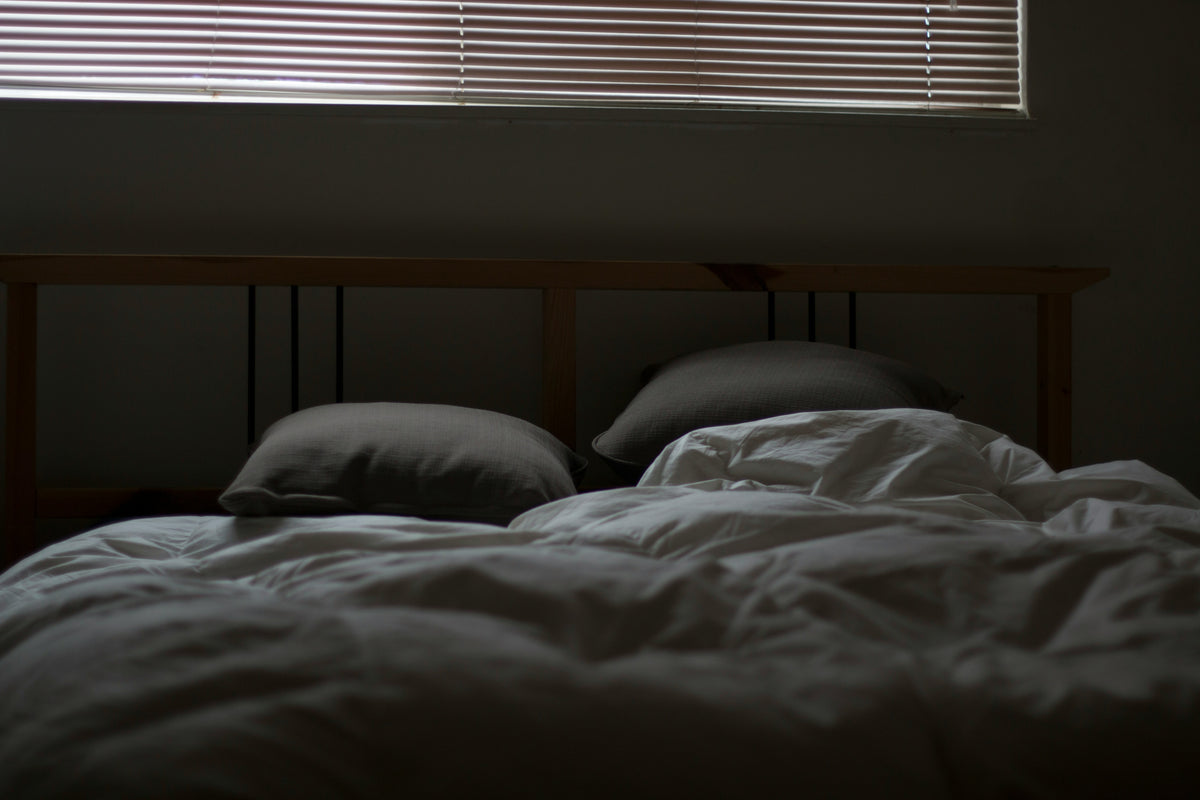
The Sleep Cycle: Stages, Recovery, and Factors That Affect Them
The sleep cycle is vital for maintaining health and recovery, consisting of four stages that repeat in 90-minute intervals throughout the night. Each stage plays a unique role in restoring both the body and mind. To optimize these stages—and avoid disruptions—can lead to improved physical performance, mental clarity, and overall well-being.
Stage 1: NREM Sleep (Light Sleep)
Stage 1 is the brief transition from wakefulness to sleep, lasting only a few minutes. Although it’s not highly restorative, this light sleep stage is necessary to set the foundation for deeper stages of sleep.
Helpful Factors:
- Relaxation Techniques: Meditation and breathwork can calm the mind and help initiate Stage 1 more easily.
- Consistent Sleep Schedule: Going to bed at the same time every night strengthens your body’s natural sleep rhythms.
Hindering Factors:
- Caffeine: Consuming caffeine too late can delay the onset of Stage 1.
- Screen Time: Blue light from devices reduces melatonin, making it harder to fall asleep.
Stage 2: NREM Sleep (Deeper Relaxation)
Stage 2 accounts for the majority of sleep time. During this stage, body temperature drops, heart rate slows, and brain activity stabilizes, promoting deeper relaxation.
Helpful Factors:
- Cool, Dark Environment: A cool room helps maintain deep relaxation.
- Healthy Diet: Avoiding heavy meals before bed improves Stage 2 sleep quality.
Hindering Factors:
- Alcohol: While it may help you fall asleep, alcohol disrupts later sleep stages, leading to fragmented rest.
- Stress: Anxiety or stress increases nighttime awakenings, limiting progression to deeper sleep.
Stage 3: NREM Sleep (Deep Sleep)
Stage 3, or slow-wave sleep, is the deepest and most restorative phase. It’s essential for physical recovery, muscle repair, and immune support.
Helpful Factors:
- Regular Exercise: Physical activity promotes deeper sleep, though intense workouts close to bedtime should be avoided.
- Magnesium and Herbal Supplements: These promote relaxation and deeper sleep.
Hindering Factors:
- Late-Night Eating: Large meals increase metabolism at a time when the body should focus on recovery.
- Noise: Even subtle disturbances can pull you out of deep sleep.
Stage 4: REM Sleep (Dreaming and Cognitive Recovery)
REM sleep is essential for cognitive recovery, memory consolidation, and emotional balance. The longer you sleep, the more REM cycles you experience, making the final hours of sleep crucial.
Helpful Factors:
- Mindful Bedtime Routines: Calm activities before bed, like journaling or reading, help increase REM sleep by reducing pre-sleep stress.
- Nutrient-Rich Diet: Foods high in tryptophan (like turkey and seeds) promote better REM sleep.
Hindering Factors:
- Nicotine: Smoking close to bedtime disrupts REM sleep and increases night awakenings.
- Inconsistent Sleep Patterns: Irregular sleep schedules reduce time spent in REM sleep and impair mental clarity.
How Poor Sleep Affects You on a Day-to-Day Basis
When your sleep cycle is disrupted, it can negatively affect both your physical and mental well-being, often in ways you may not realize. Here’s how poor sleep can impact your daily life:
1. Fatigue and Low Energy
Lack of restorative deep sleep and REM sleep can leave you feeling exhausted, even if you spend enough time in bed. This leads to daytime sleepiness, difficulty concentrating, and a general lack of energy.
2. Impaired Cognitive Function
Sleep plays a vital role in memory consolidation and problem-solving skills. Poor REM sleep, in particular, hampers cognitive function, making it harder to focus, retain information, and think clearly throughout the day.
3. Mood Swings and Irritability
Sleep deprivation negatively impacts your emotional regulation, often leading to irritability, mood swings, and heightened stress levels. Chronic poor sleep has also been linked to increased risk of anxiety and depression.
4. Decreased Physical Performance
Deep sleep is crucial for muscle repair and overall physical recovery. Athletes and active individuals who don’t get enough deep sleep may experience slower recovery, increased soreness, and a higher risk of injury due to insufficient repair of tissues.
5. Weakened Immune System
Consistent poor sleep weakens the immune system, making you more susceptible to infections like colds and flu. Sleep is the time when your body strengthens its defenses, and without it, you can face more frequent illnesses.
6. Weight Gain and Appetite Dysregulation
Poor sleep can disrupt the hormones that control hunger, leading to increased cravings for unhealthy foods, particularly those high in sugar and fat. Additionally, it can impair your body’s ability to process glucose, which may increase the risk of weight gain and even obesity over time.
7. Impaired Decision-Making
Without adequate sleep, you’re more likely to make impulsive or poorly considered decisions, as the brain’s ability to assess risks and consequences is weakened by fatigue. This can affect everything from work performance to personal choices.
Optimizing the Sleep Cycle
To enjoy the full benefits of sleep, it’s crucial to maintain healthy habits that support all stages of sleep. Here are a few key tips:
- Stick to a Routine: A regular sleep schedule helps your body complete full sleep cycles, maximizing physical and cognitive recovery.
- Create a Sleep-Friendly Environment: A dark, quiet, and cool room is ideal for uninterrupted sleep.
- Limit Stimulants: Reducing caffeine and sugar, especially in the afternoon and evening, helps avoid disruptions to your sleep cycle.
- Practice Relaxation: Wind down with calming routines like reading, stretching, or deep breathing exercises.
By taking care of your sleep habits and understanding the role each stage of sleep plays, you can improve daily performance, enhance recovery, and protect your long-term health.






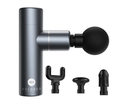




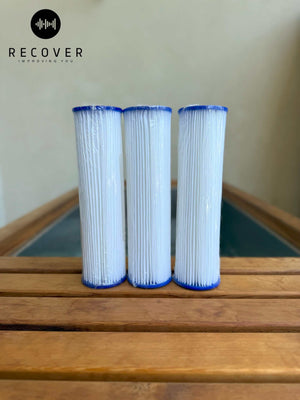
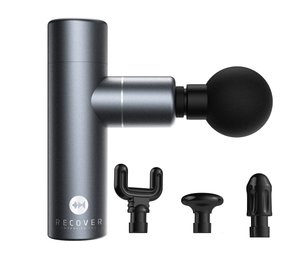



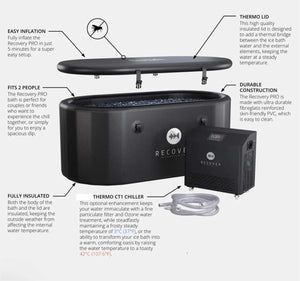
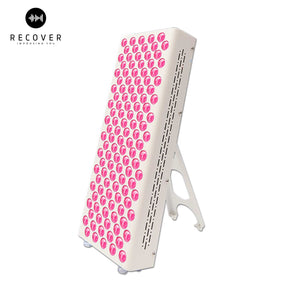




Leave a comment
This site is protected by hCaptcha and the hCaptcha Privacy Policy and Terms of Service apply.